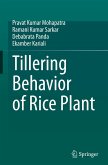
Gebundenes Buch
24. Januar 2025
Springer / Springer Nature Singapore / Springer, Berlin
978-981-97-5234-8
| eBook, PDF | 145,95 € |
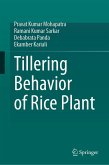
Broschiertes Buch
Survival, Elongation ability and Non-structural Carbohydrate
2012
LAP Lambert Academic Publishing
Ähnliche Artikel
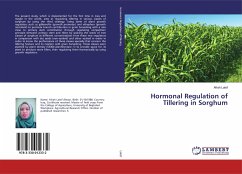
Broschiertes Buch
30. April 2020
LAP Lambert Academic Publishing
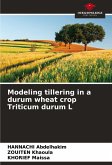
Broschiertes Buch
7. Oktober 2024
Our Knowledge Publishing

Gebundenes Buch
Genomics, Host Pathogen Interactions and Diagnosis
1st edition 2019
21. November 2019
Springer / Springer Nature Singapore / Springer, Berlin
978-981-13-9631-1
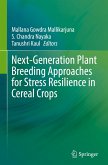
Gebundenes Buch
1st edition 2022
16. September 2022
Springer / Springer Nature Singapore / Springer, Berlin
978-981-19-1444-7
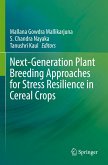
Broschiertes Buch
1st edition 2022
17. September 2023
Springer / Springer Nature Singapore / Springer, Berlin
978-981-19-1447-8
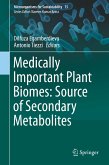
Gebundenes Buch
2019
25. November 2019
Springer / Springer Nature Singapore / Springer, Berlin
978-981-13-9565-9
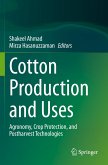
Broschiertes Buch
Agronomy, Crop Protection, and Postharvest Technologies
1st edition 2020
6. März 2021
Springer / Springer Nature Singapore / Springer, Berlin
978-981-15-1474-6

Gebundenes Buch
Issues, Challenges, and Way Forward
1st edition 2021
5. Februar 2021
Springer / Springer Nature Singapore / Springer, Berlin
978-981-33-4537-9

Broschiertes Buch
Genomics, Host Pathogen Interactions and Diagnosis
1st edition 2019
21. November 2020
Springer / Springer Nature Singapore / Springer, Berlin
978-981-13-9634-2
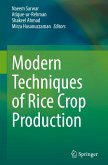
Gebundenes Buch
1st edition 2022
10. April 2022
Springer / Springer Nature Singapore / Springer, Berlin
978-981-16-4954-7
Ähnlichkeitssuche: Fact®Finder von OMIKRON
